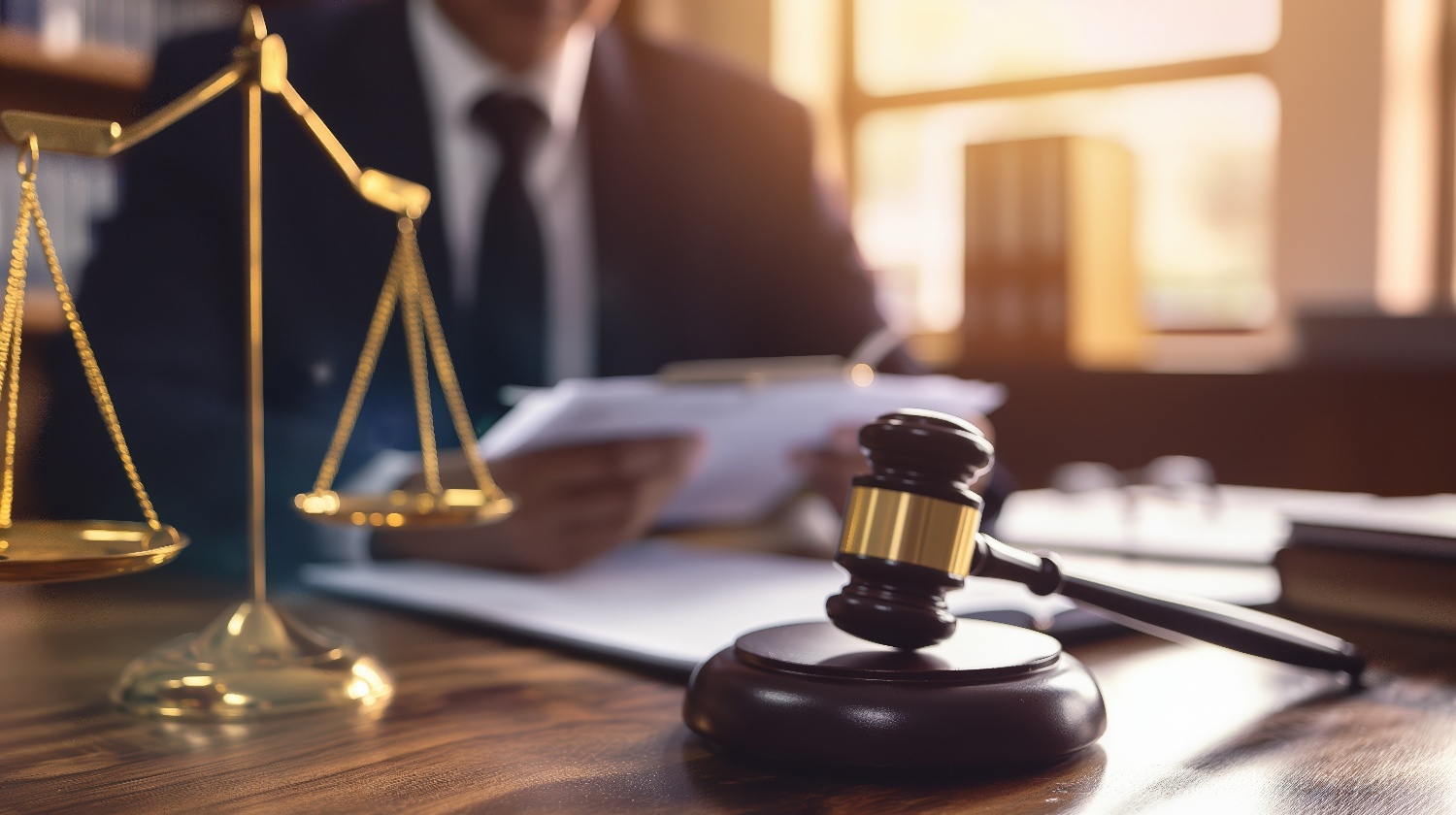2 min read
Personal Injury Claims 101: Process and Tips for a No-Fault Arbitration
Aaron Ferguson Law Aug 7, 2024 12:13:00 PM

Minnesota is a “no-fault” state for motor vehicle accidents. This means that your insurance company must cover up to $20,000 of your medical and other accident-related expenses, regardless of who is “at fault” or responsible for causing the accident.
Sounds easy, right? But, when processing your claim, the insurance company might dispute or outright refuse to pay some of your medical bills. These denials often come after an Independent Medical Examination. When the insurance company stops paying, the first line of defense is the No-Fault Arbitration.
What is a No-Fault Arbitration?
A No-Fault Arbitration is a semi-formal hearing between you and your insurance company. An arbitrator hears the dispute between both parties and then decides how it can be resolved. Arbitrators are chosen by the American Arbitration Association (AAA) from a panel of lawyers appointed by the Minnesota Supreme Court. Arbitrators have extensive experience practicing personal injury law and dealing with No-Fault claims. Hearings are held in person at the arbitrator’s office, , over the phone, or by video conference..
Your attorney and the insurance company’s attorney will join you for the hearing. Before the meeting, your legal team will provide the arbitrator with a booklet detailing evidence of your claim, along with a legal argument explaining why the arbitrator should rule in your favor. Your legal team will also prep with you beforehand, so you know what to expect.
The hearing itself typically starts with a discussion between the arbitrator and attorneys regarding the specific issues and evidence of your case. Your attorney will ask you about your accident, injuries, and treatment. Afterward, the insurance company’s attorney and the arbitrator will ask you questions. Finally, each attorney will make a closing argument.
The arbitrator can take up to 30 days to consider the arguments of both sides and issue a decision. Your attorney will contact you to review the outcome, along with any benefits that may have been awarded.
What is not included in a No-Fault Arbitration?
Although the arbitrator’s decision about your dispute is final and binding, a No-Fault Arbitration is not a highly formal “day in court.” The rules of procedure and evidence that govern a typical court hearing do not apply in an arbitration, and the arbitrator will decide what evidence they believe to be important.
However, despite a lower level of formality, in the vast majority of No-Fault cases, arbitration is the only opportunity to have a payment dispute decided by a neutral decisionmaker. You should remain cordial, direct, and confident in your behavior. While you will likely be asked to provide testimony, do not air personal grievances against another driver, their insurance company, your insurance company, or the police.
What should I do to prepare for arbitration?
Your testimony in a No-Fault Arbitration will form the foundation of your legal arguments to the arbitrator. Be honest and credible with your answers.
Sometimes, the details of your accident (or even the treatment you have received) may not be fresh in your mind. To avoid any guessing or inconsistencies, you and your attorney should review the facts of your case, any prior statements you have made, any photos from the accident scene, and your treatment history. This can help you correctly relay information to the arbitrator during the hearing.
Contact an attorney
Motor vehicle accidents involve many unfamiliar procedures and pitfalls. If you have been involved in a motor vehicle accident, please call our office at 651-493-0426 to schedule a free consultation with one of our experienced personal injury attorneys.
Get a Free Case Consultation

◄ Back to Blog Listing Page